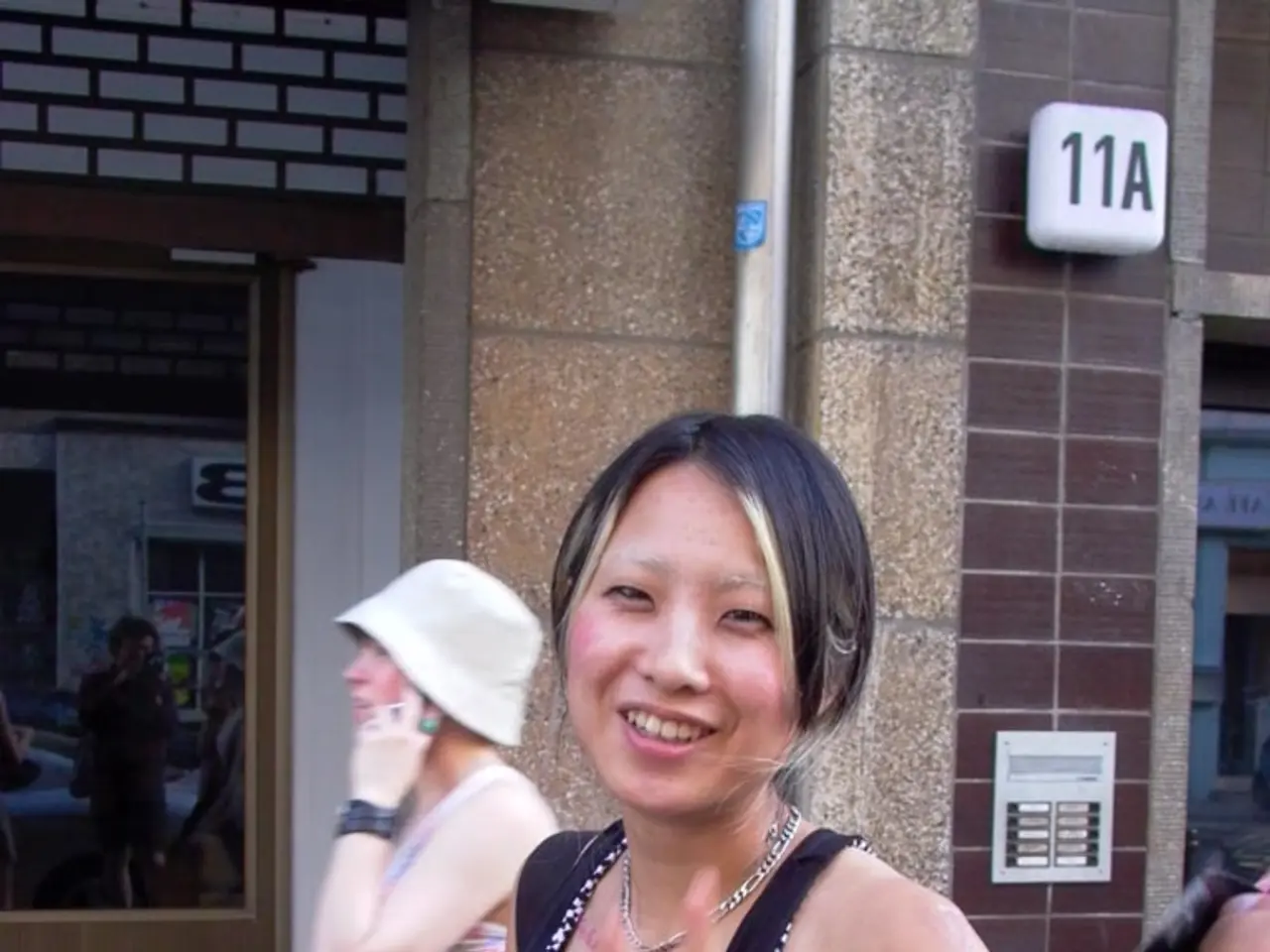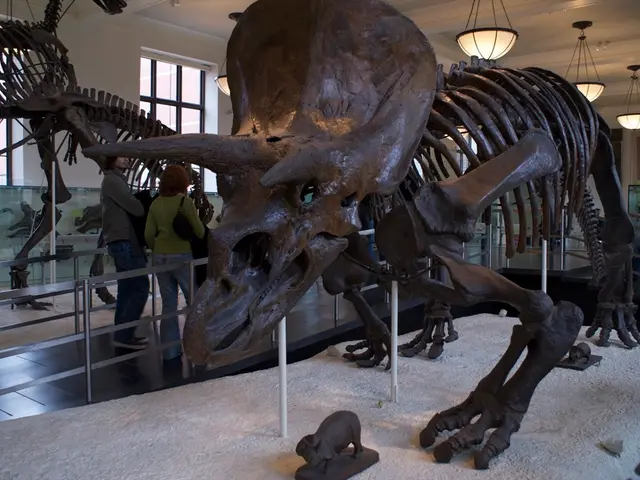High Percentage of Male Participation, Moderate Female Participation
In a rural society marked by mass unemployment and population decline, Katja Salomo, a sociologist born in East Saxony, is shedding light on the unique challenges faced by Eastern Germany. Growing up in the 1990s, Salomo witnessed firsthand the struggles of her homeland.
The immigration issue in East Germany is distinct from its Western counterpart. With immigration levels barely reaching the region, many East Germans have limited everyday social contact with immigrants. This lack of exposure, coupled with the rural nature of East German society, creates a fertile ground for right-wing nationalist parties like the AfD.
The gender gap in income between men and women in East Germany is surprisingly low, but this doesn't seem to be enough to counteract the persistent structural gender inequalities that discourage women from returning to the region. Young women in East Germany are less likely to return compared to young men due to traditional gender roles, care responsibilities that disproportionately affect women, and fewer economic and professional opportunities compared to men.
These social and cultural factors, combined with the melting infrastructure in rural East Germany, are causing essential services such as bakeries, butchers, drugstores, restaurants, bars, youth clubs, swimming pools, and service providers like hairdressers to disappear due to lack of profitability. The operators of these services often cannot find successors, contributing to the vicious cycle of depopulation.
The infrastructure in rural East Germany is also suffering due to population decline. Deficient bus services cause long daily commutes for school attendance, further deterring young people from staying in the region.
The AfD strategically positions itself in these rural, depopulated communities to build permanent structures with little effort. In the municipality of Buckautal (Potsdam-Mittelmark), for instance, almost 80% of those under 29 are male, and the AfD received 48% in the state election in September 2024.
Salomo's research focuses on organized civil society and right-wing interventions. Her work aims to understand the complex interplay of societal factors that contribute to the rise of right-wing nationalism in Eastern Germany, and to propose solutions that can help address the region's challenges.
Despite the challenges, Salomo remains hopeful. She believes that by understanding the root causes of the issue, we can work towards creating a more inclusive and prosperous Eastern Germany for all its citizens.








